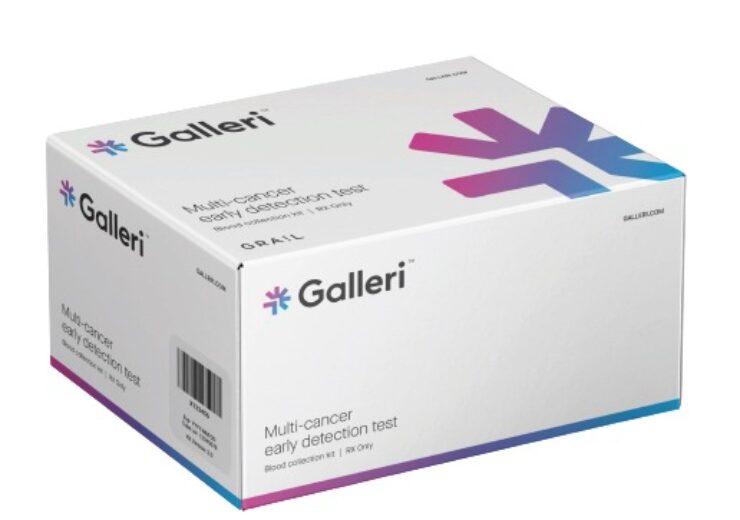A total of 6,662 people, aged 50 years or more, were involved in the single-arm study, the results of which were presented at ESMO Congress 2022

GRAIL evaluated the blood-based Galleri MCED screening in the PATHFINDER study. (Credit: GRAIL)
GRAIL said that the PATHFINDER study showed that its Galleri multi-cancer early detection (MCED) screening using a blood test when added to standard of care screening, more than doubled the number of cancers detected compared to using only standard screening.
The results of the interventional PATHFINDER study were presented by the American health company at the European Society for Medical Oncology (ESMO) Congress 2022 in Paris.
According to GRAIL, the study assessed the blood test based MCED screening and the clinical care pathways following a “cancer signal detected” MCED test result. A total of 6,662 people, aged 50 years or more, were involved in the study.
In the PATHFINDER single-arm study, the time needed to achieve diagnostic resolution was measured after a “cancer signal detected” MCED blood test result and the number and types of diagnostic tests that were used. This was the primary endpoint.
A key secondary endpoint of the study was MCED test performance. This included positive predictive value (PPV) and the accuracy of the cancer signal origin (CSO) that was predicted.
GRAIL said that cancer signal was spotted in 92 participants, of which two started workup before the return of their MCED test results. The company said that of these, 35 participants were diagnosed with 36 types of cancers.
Among the confirmed cancers, 71%, that is 25 out of 35 participants in the study had cancer types that do not have routine cancer screening presently.
Almost half, that is 48%, of the non-recurrent cancers were identified in early-stages, said the company.
GRAIL said that in the study, the standard of care screening detected 29 cancers, and another 56 cancers were diagnosed as symptoms presented or tumours were incidentally found or from monitoring for recurrence of cancer.
A follow up of participants was made 12 months after enrollment in the study. During enrollment, if a participant had a negative MCED test but got cancer within the 12-month follow-up, it was considered an MCED false negative, said GRAIL.
GRAIL chief medical officer Jeffrey Venstrom claimed that Galleri detected more cancers than all the US Preventive Services Task Force-recommended standard single cancer screenings when put together.
Venstrom stated: “These included Stage I cancers of the liver, small intestine, and uterus, and Stage II pancreatic, bone, and oropharyngeal cancers.
“This is particularly notable given the PATHFINDER population was heavily screened with higher-than-average rates for mammography, colonoscopy, and low-dose CT lung scans.”
Recently, GRAIL’s acquisition by US life sciences firm Illumina for $8bn was blocked by the European Commission due to competition concerns.
